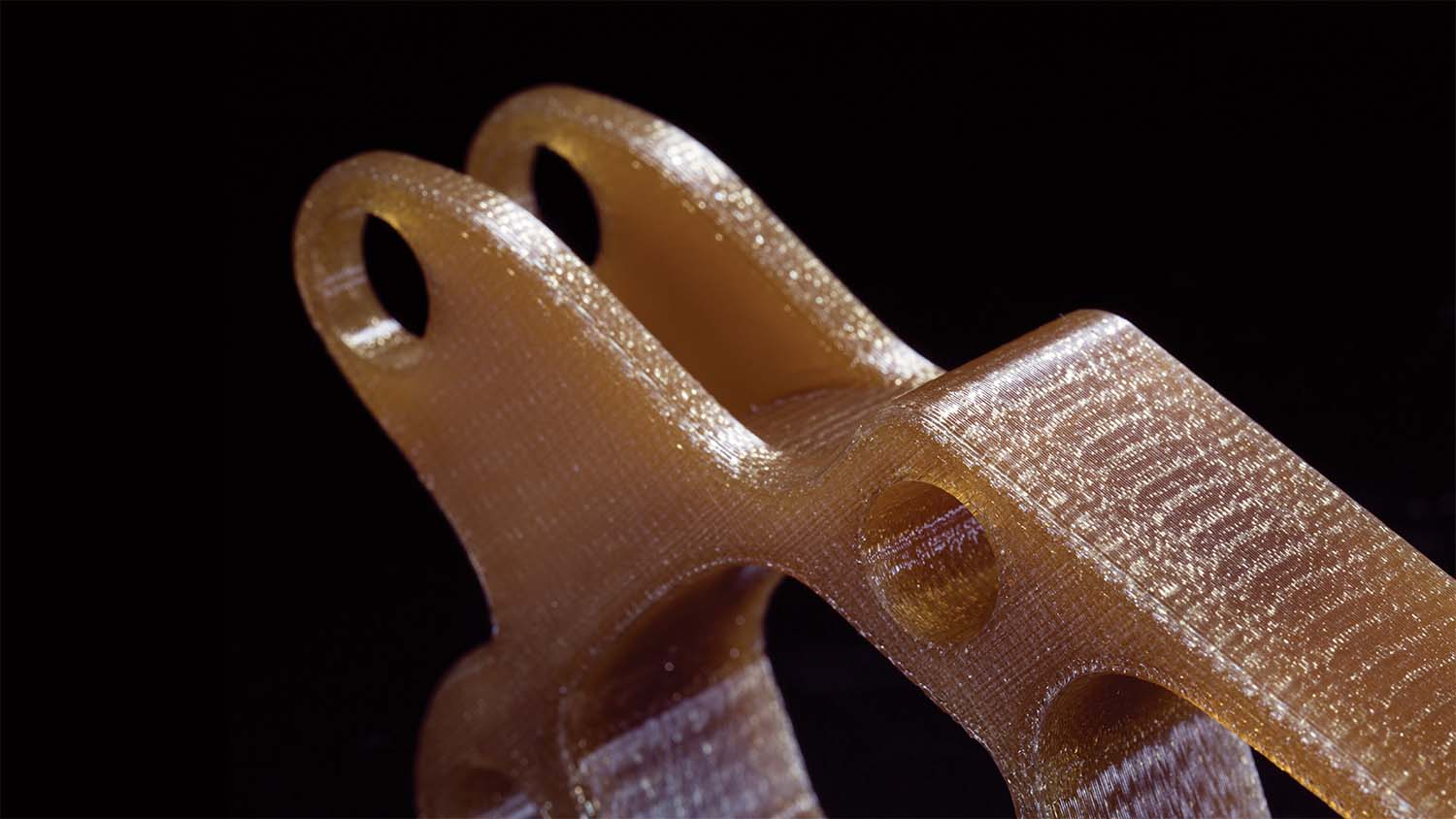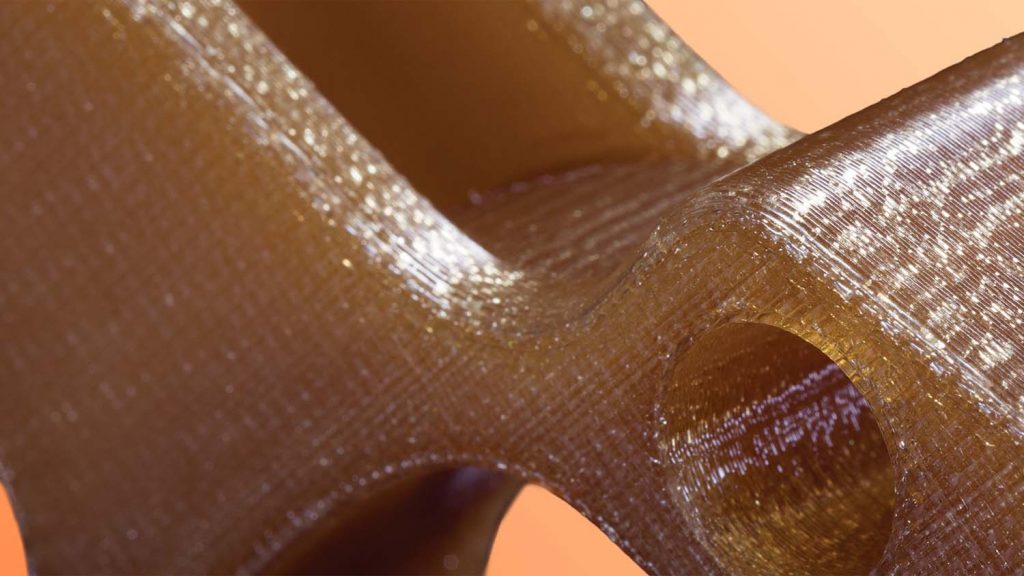Antero 800NA has been qualified by Boeing for flight, presenting the company with a new, high-performance option for 3D printed polymers.
It is the first material from Stratasys qualified by Boeing for use in applications with elevated chemical resistance or fatigue requirements, which add to the PEKK-based material’s already high-temperature resilience.
Antero 800NA was developed by Stratasys specifically for its production-grade Fortus line of 3D printers.
Boeing has released specification BMS8-444 and added the 800NA material to the Qualified Products List after an extensive evaluation of the material’s performance.
“Boeing has recognised the tremendous utility of Antero to meet applications that couldn’t have been 3D-printed before,” said Stratasys aerospace VP Scott Sevcik.
“Additive manufacturing has tremendous benefits for simplifying aerospace supply chains both in original equipment and MRO, but robust materials for meeting challenging flight requirements have been needed.”
Boeing has already made great strides to introduce the weight saving abilities of 3D printing to its commercial planes.
The development of the Boeing 777X has seen the use of more than 300 3D printed components used in its GE9X engines, however the adoption of qualified advanced polymers should allow for a much higher number of use cases.

The Antero family of materials includes 800NA as well as Antero 840CN03, which is an electrostatic dissipative (ESD) variant.
Stratasys will provide these materials for the Stratasys F900 and Fortus 450mc 3D printers and as a material option for on-demand customers through Stratasys Direct Manufacturing.
Stratasys recently announced that its software is offering MTConnect capabilities on its manufacturing flagship platform the Stratasys F900 and the earlier Fortus 900mc.
The industry standard Application Programming Interface (API) will allow for streaming additive manufacturing data to third-party software, bringing the smart factory floor together. Click here to read more.






